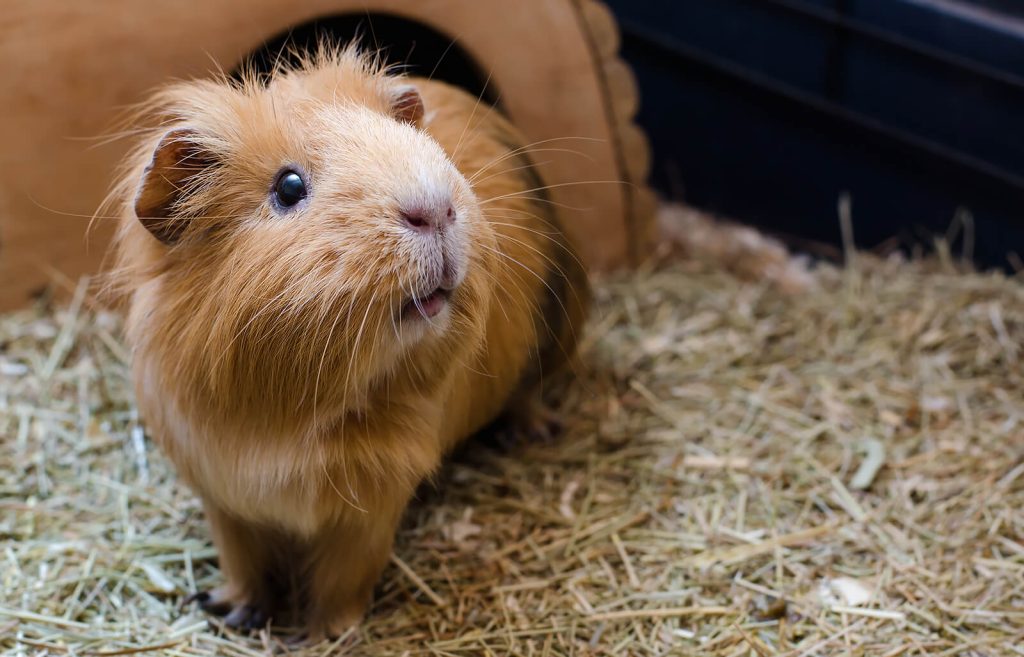Family rodents, such as mice and rats, are widely used in scientific research and experiments. These animals are used to study a wide variety of topics, including disease, genetics, and behavior. However, the use of family rodents in experiments raises a number of ethical issues. In this article, we will explore the ethical issues surrounding the use of family rodents in experiments.

- Animal welfare
The primary ethical issue surrounding the use of family rodents in experiments is animal welfare. Family rodents are sentient beings with the ability to experience pain, suffering, and distress. When these animals are used in experiments, they may be subjected to a variety of procedures that can cause pain and suffering, including surgery, injections, and exposure to chemicals or other substances.
In addition, family rodents may be housed in conditions that are not ideal for their physical and psychological well-being. This can include small or crowded cages, lack of access to food or water, and exposure to stressful stimuli such as noise or bright lights.
- Alternatives to animal testing
Another ethical issue surrounding the use of family rodents in experiments is the availability of alternatives to animal testing. While family rodents are commonly used in scientific research, there are a growing number of alternatives to animal testing that may be more ethical and effective.
For example, in vitro testing, computer simulations, and human cell or tissue cultures are all alternatives that can be used to study many of the same topics that are studied using family rodents. These alternatives may be more ethical, as they do not involve the use of animals, and may also be more reliable and effective in some cases.

- Transparency and public accountability
Another ethical issue surrounding the use of family rodents in experiments is transparency and public accountability. Supporters of animal testing argue that the use of animals in experiments is necessary to advance scientific knowledge and to develop new treatments and cures for human diseases. However, opponents of animal testing argue that the public has a right to know about the use of animals in research and to have a say in how these animals are used and treated.
Effective transparency and public accountability measures can include requirements for researchers to disclose their methods and results, to obtain oversight from independent review boards, and to engage with the public to ensure that their research is conducted in an ethical and transparent manner.
- Animal rights and animal liberation
Finally, the use of family rodents in experiments raises broader ethical questions about the rights of animals and the concept of animal liberation. Some animal rights activists argue that animals have inherent rights that must be respected and protected, regardless of their value to humans.
Animal liberation advocates argue that animals should not be used for human purposes, and that they should be allowed to live free of human interference. These perspectives raise important questions about the ethical implications of using family rodents in experiments, and whether this practice can ever be fully justified.

- Conclusion
In conclusion, the use of family rodents in experiments raises a number of ethical issues, including animal welfare, the availability of alternatives to animal testing, transparency and public accountability, and broader questions about animal rights and animal liberation. While the use of animals in research can be justified in some cases, it is important for researchers, policymakers, and the public to consider these ethical issues and to work together to promote the ethical and humane treatment of animals in scientific research.